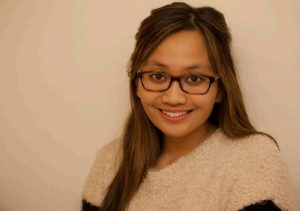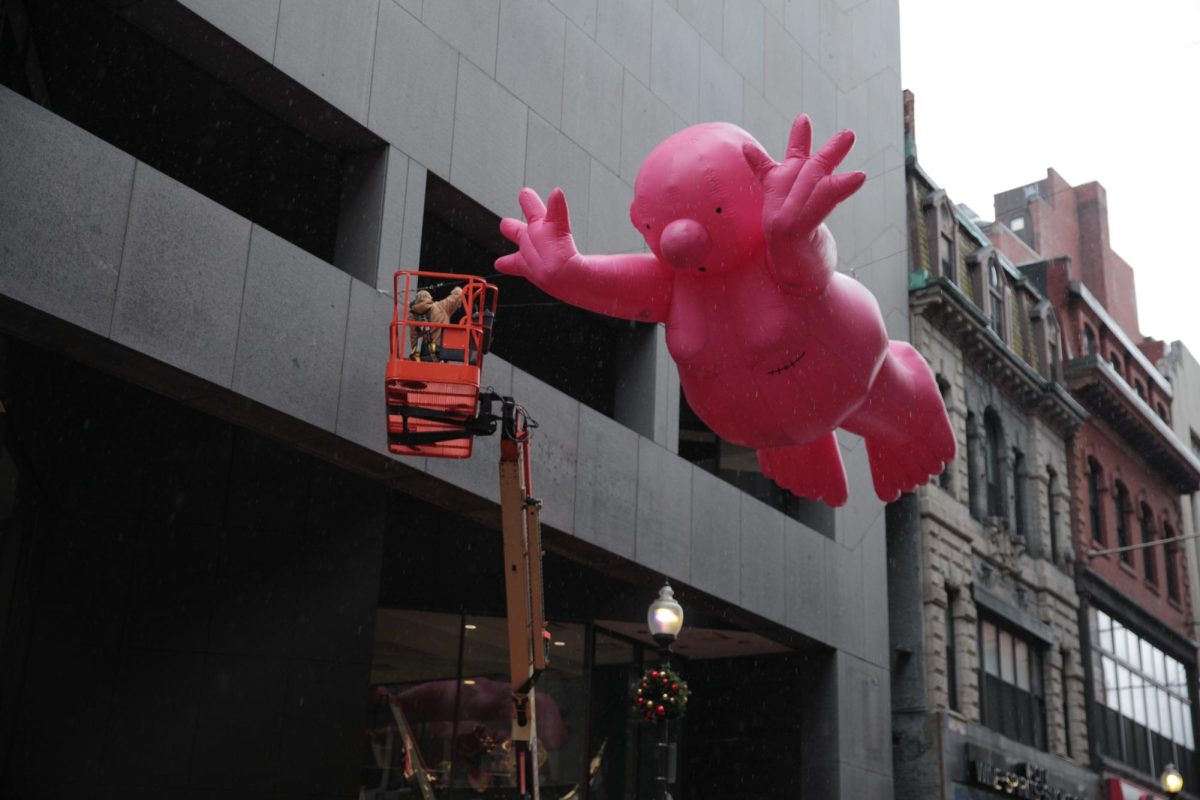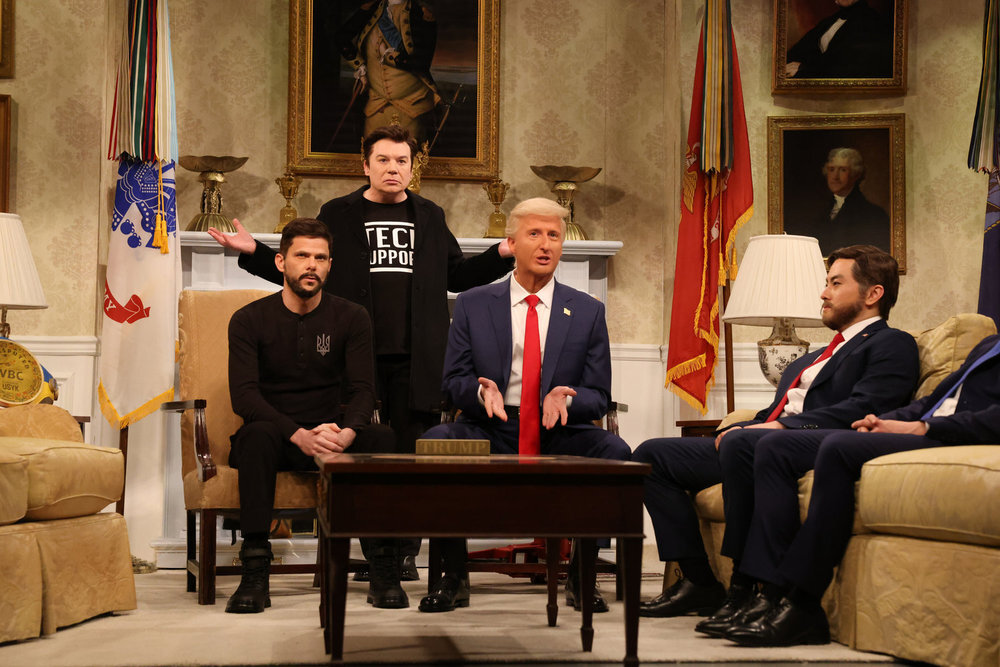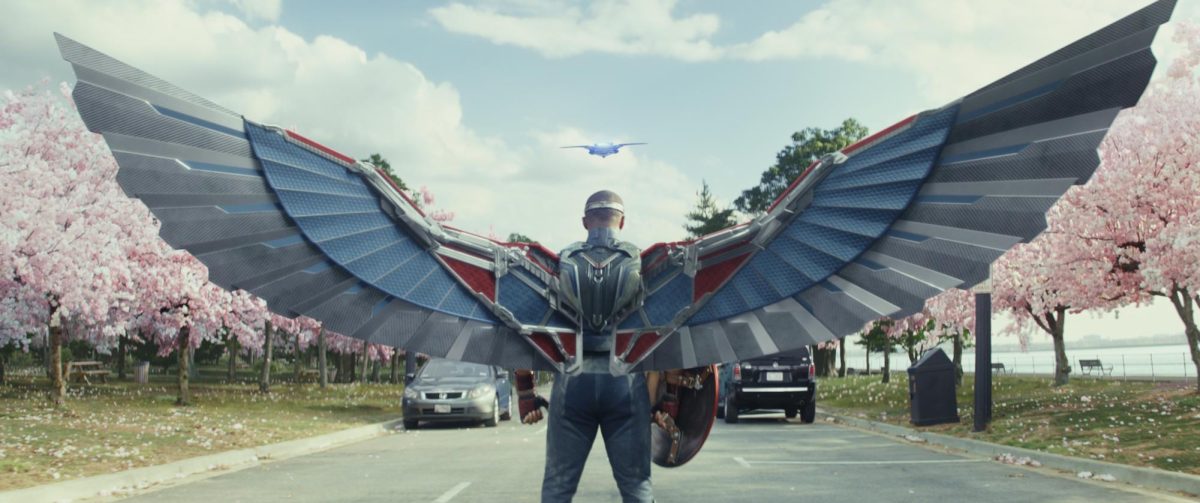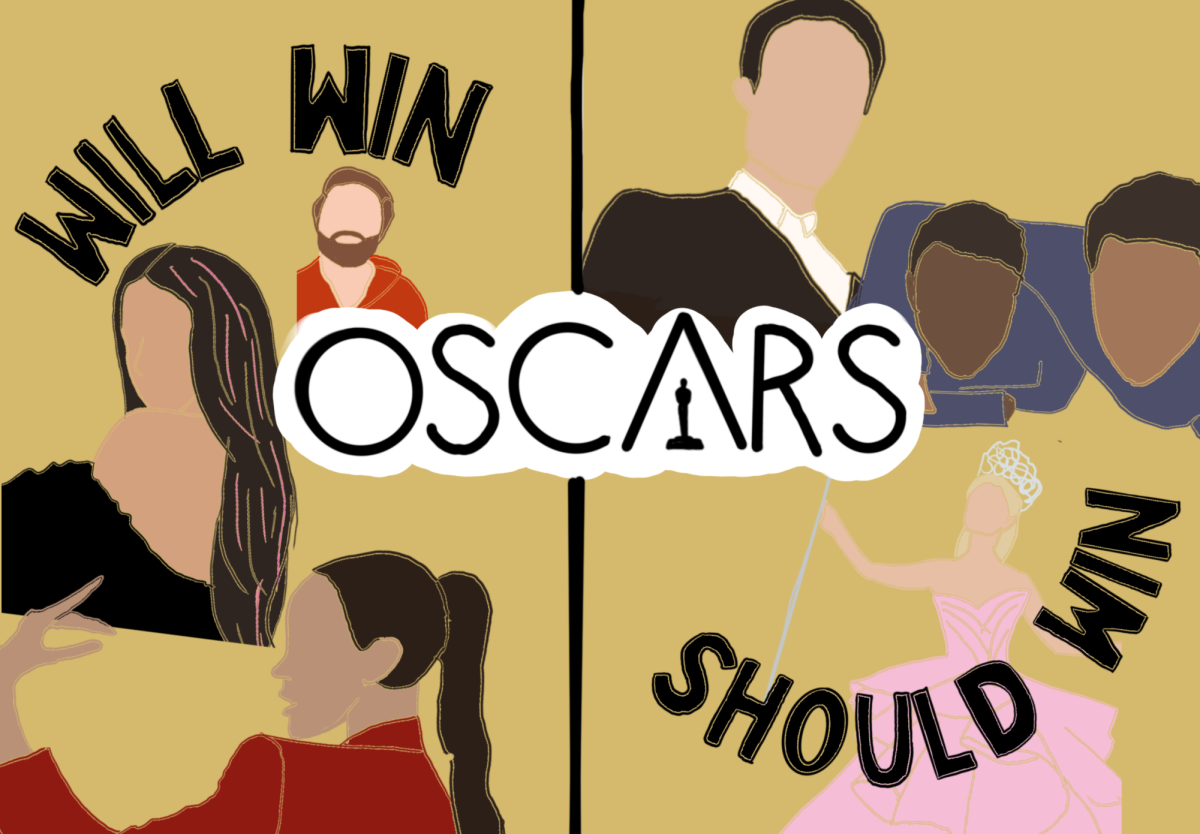By Angelica Recierdo, The Annotated Muse
Often, I prefer leisurely physical activities: A scenic bike ride, yoga or a light jog. Sometimes I feel the need for a more intense workout and will willingly undergo the short-term tyranny of a Zumba instructor. Upon learning we would be hiking during our service spring break trip to Colorado, I was genuinely excited for breathtaking views. “No, you don’t need to buy hiking boots,” the trip leaders said. As an East Coast, sea-level native, I was relieved, if only for a moment.
We rented a car that had New Jersey license plates, already labeling us as tourists. Seven Northeastern students optimistically packed shorts and dresses, believing the weather in Colorado would be better than in Boston. We were wrong, and it couldn’t be more glaringly obvious than when we found ourselves braking hesitantly before a sign saying “No Winter Maintenance” on the road leading up to the trail we wanted to hike.
I cursed my no-traction sneakers every trudge up and down that mountainous trail. It was a strange feeling of balancing awe at the nature around me and fear of slipping on the snowy tracks. Fellow hikers were dressed like they were embarking on Arctic expeditions. They had poles from REI, and I used makeshift ones from branches. Despite the struggles, it is an incomparable feeling to stand on top of the world and have all worries and concerns shrink beneath you. It was a welcome change of scenery from tall city buildings.
Our strenuous hikes prepared us for our service work with Project C.U.R.E., the largest donor of medical supplies and equipment to resource-poor countries. In a large, cold warehouse, America’s medical excesses arrive to have a second life. In countries like Rwanda or Armenia, an infusion set will be used to give lifesaving hydration therapy or a baby will be supplied with many disposable diapers. We spent our week unloading trucks full of donations, sorting them and packaging them with care and medical expertise in tow.
We made Kits for Kids, knapsacks filled with basic health supplies for children like Neosporin and Band-Aids. We wrote uplifting messages on them like “you are beautiful and unique” and or “keep learning and playing.” I felt humbled to know every catheter and oxygen mask I touched was going to save a life. I felt myself subconsciously including my cumulative nursing knowledge into the packages. With every gauze pad, I thought of a nurse applying pressure to stop the bleeding in a clinic with a dirt floor. With every set of ECG stickers, I thought of a sick heart miles away from the nearest hospital or nations away from the nearest cardiac specialty hospital.
By the looks of it, Project C.U.R.E. will always be backed up on donations. IV poles and crutches lay cluttered in dusty aisles and gowns and gloves wait in unopened boxes to be donned by life-saving clinicians. We were told that we were their most efficient team. But the bins we worked so hard to empty will fill up again by the next day, as is the reality of medical need abroad.
Americans travel to volunteer because we have the means to. My spring break was as “voluntourism” as it gets. Getting a new profile picture was as much a motivation as making a difference. And even though our hike was just for fun, I have to realize that may not be the case for the patients receiving our supplies in various rough terrain around the world. We insert ourselves into uncomfortable situations to become better people. Meaningful service and appreciation can manifest when self-awareness is intact at all times.



